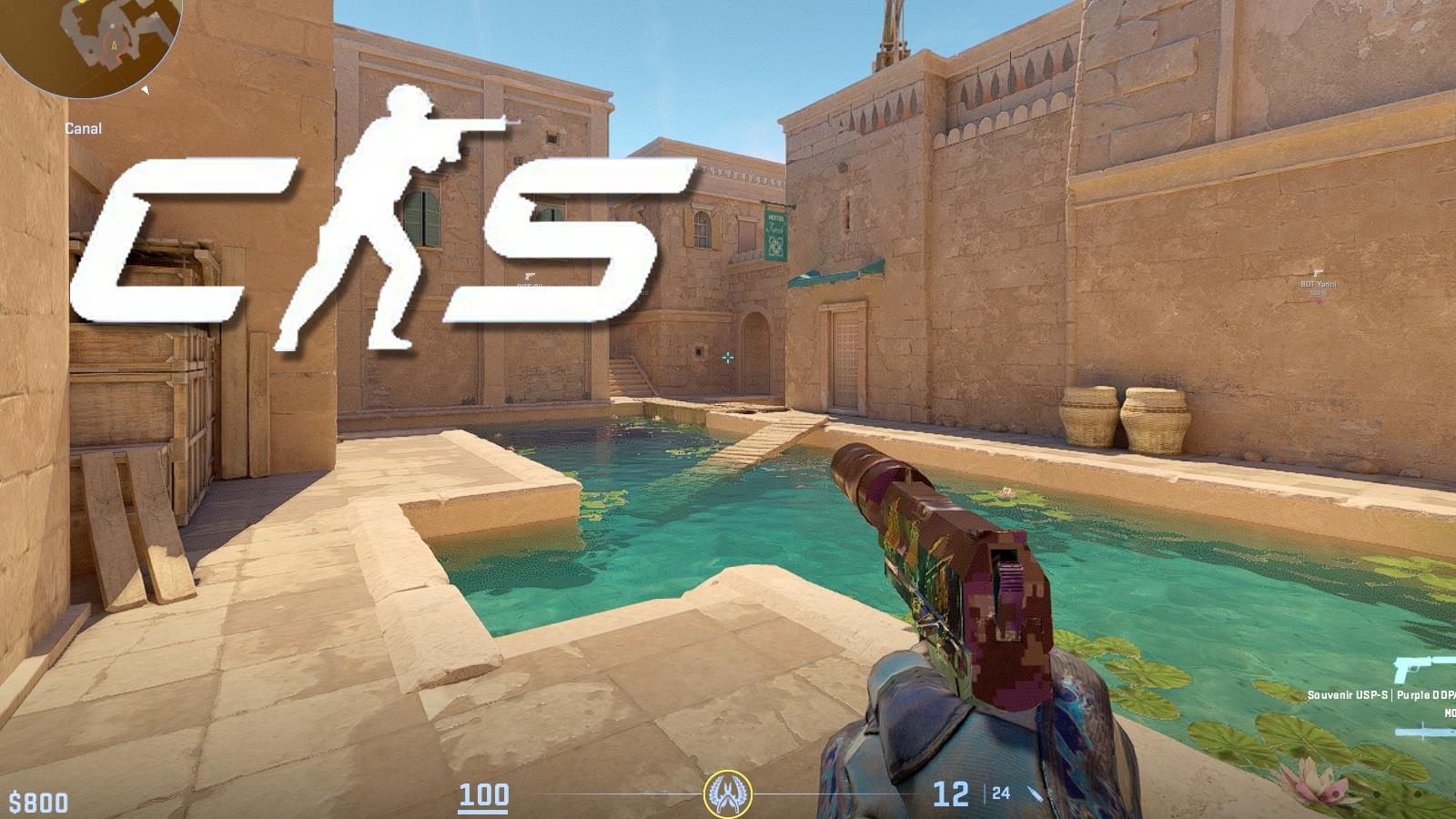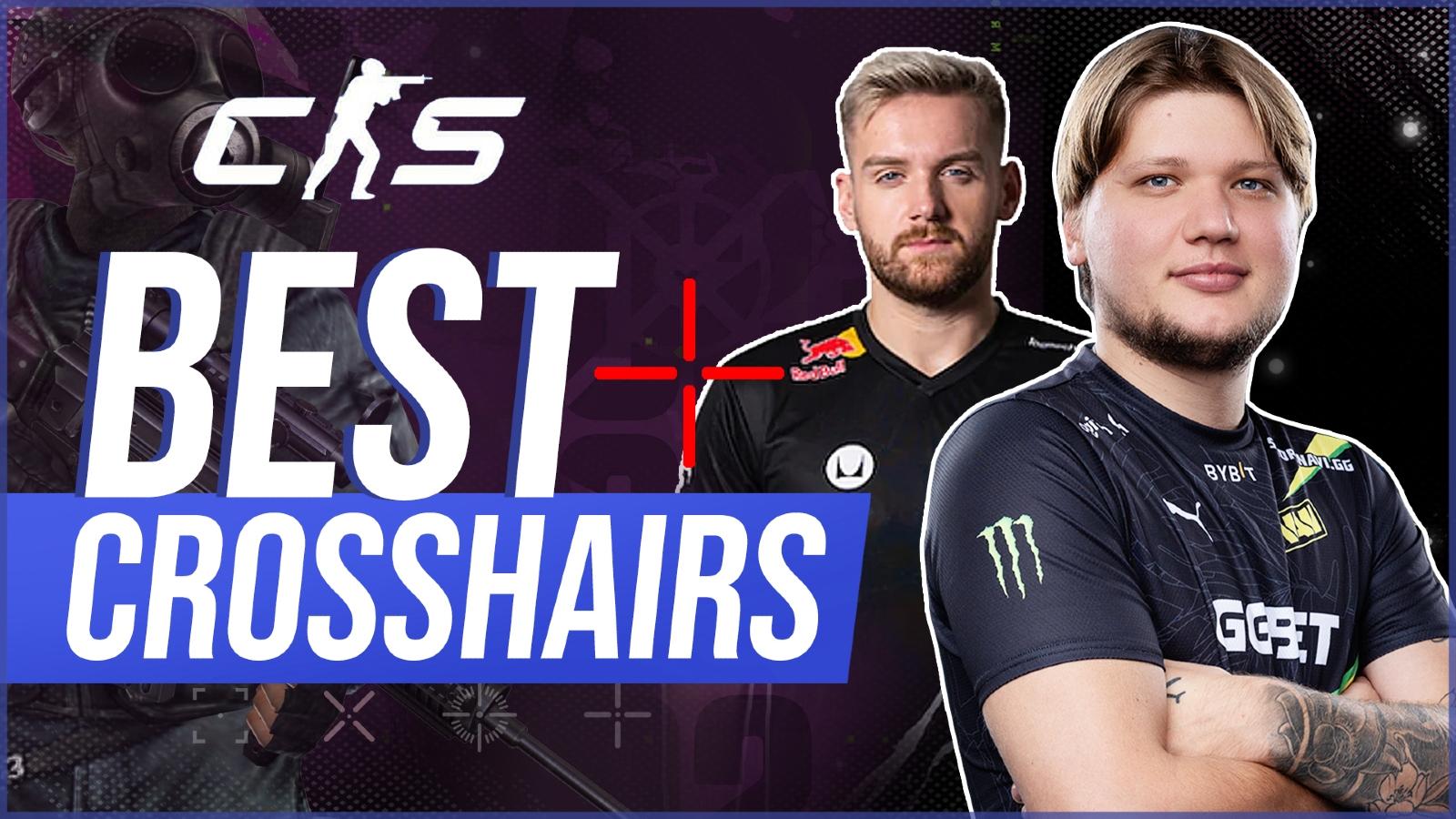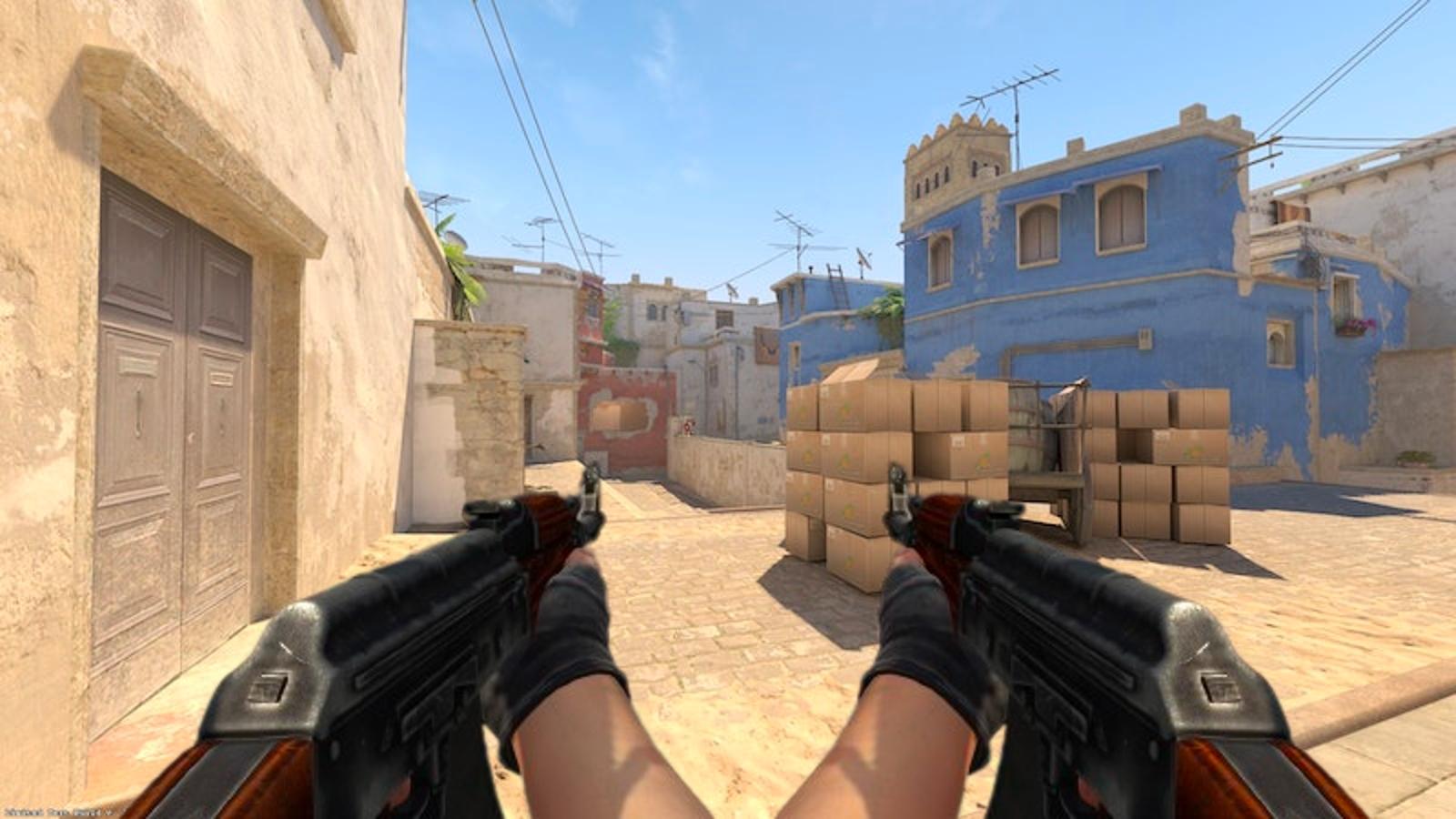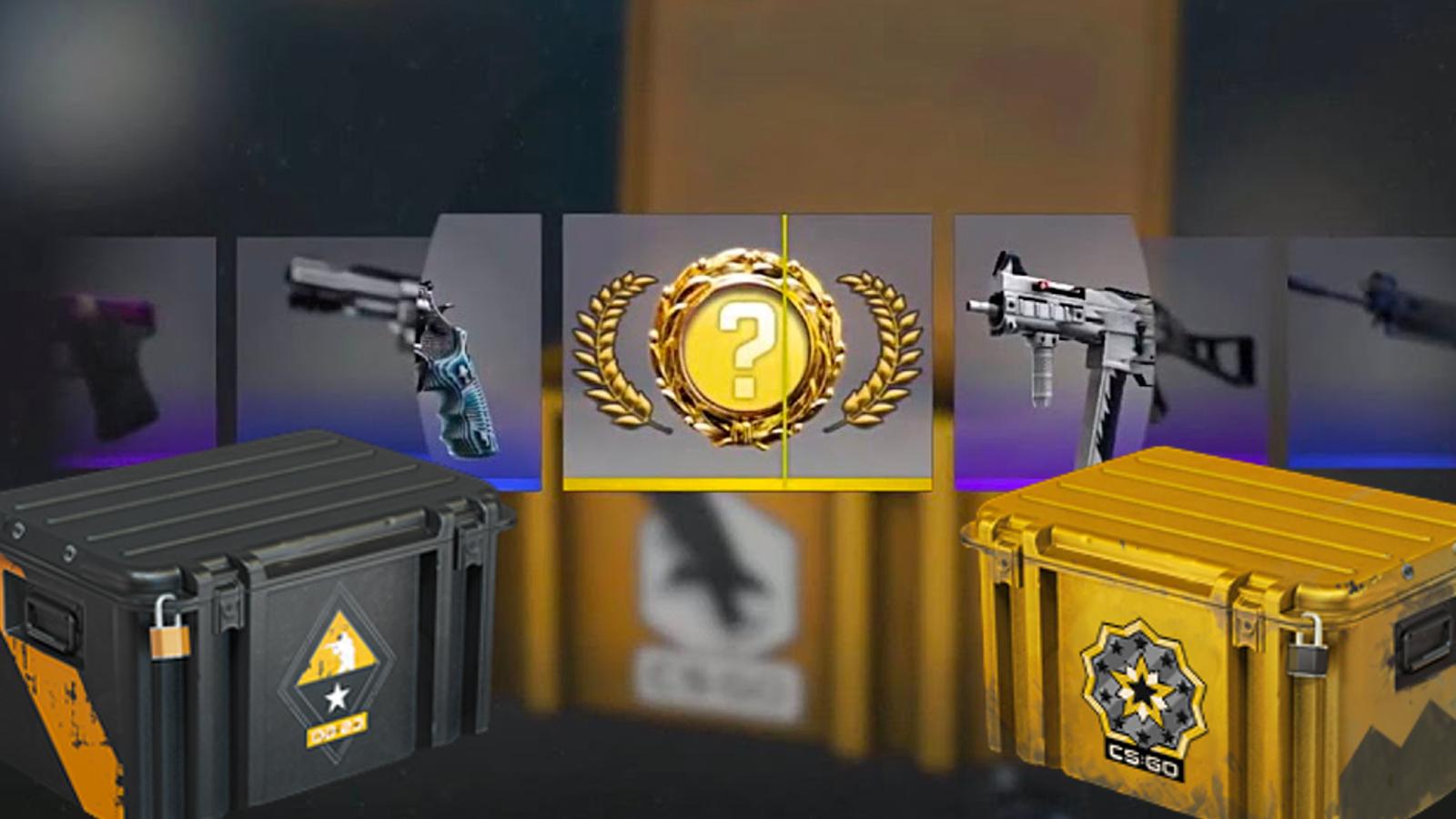GODSENT CEOs on Brazilian CSGO gamble: “We understood their value immediately”
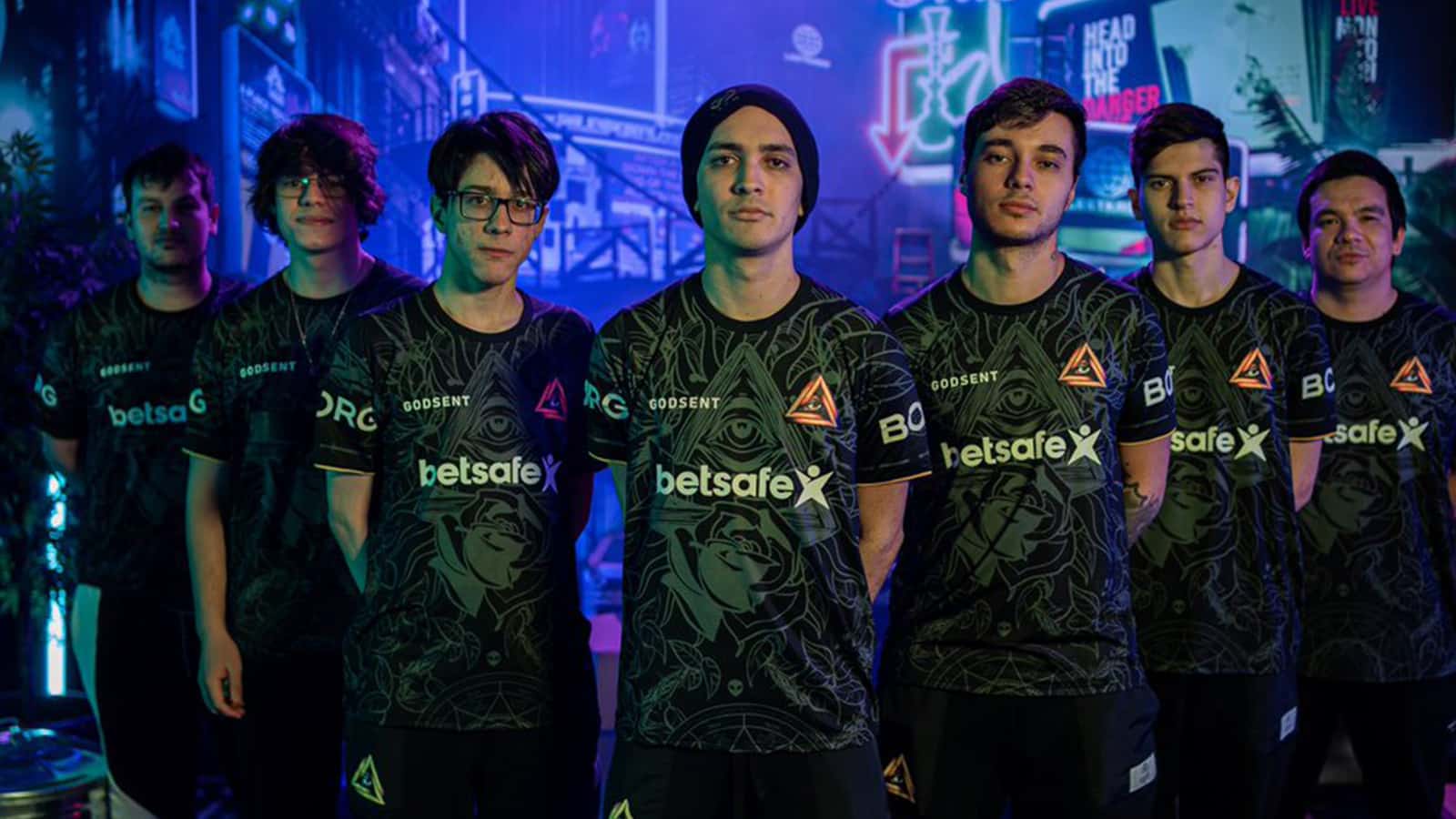 Twitter: GODSENT
Twitter: GODSENTSwedish esports organization GODSENT invested in the Brazilian market on 21 January 2021, when they signed a CS:GO roster led by two-time Major champion Epitácio “TACO” de Melo. Fast forward to the first CS:GO Major in two years and their “long-term project” is already proving to be a solid squad, sitting at No.23 in the world and competing in the Challengers Stage at the PGL Major in Stockholm.
While we’re seeing more and more esports organizations plant their flag in new regions as they embark upon the lofty task of a “global expansion” — a topic Dexerto recently spoke about with TSM’s vice president of operations — it’s an expensive, unproven strategy.
There aren’t many solid ties between Swedish esports teams and Brazilian esports fans on paper but GODSENT, through their CS:GO team and previous explorations into mobile competitive gaming, are looking to break down the barriers while on their quest to become a global powerhouse.
GODSENT co-CEOs Henrik Denebrandt and Ludwig Sandgren signed their Brazilian roster for three years and then built a strategy around the team as they got settled in, through a global health crisis no less. They sat down with Dexerto to explain the decision, how their presence in Brazil has treated the org so far, and what the future holds for GODSENT.
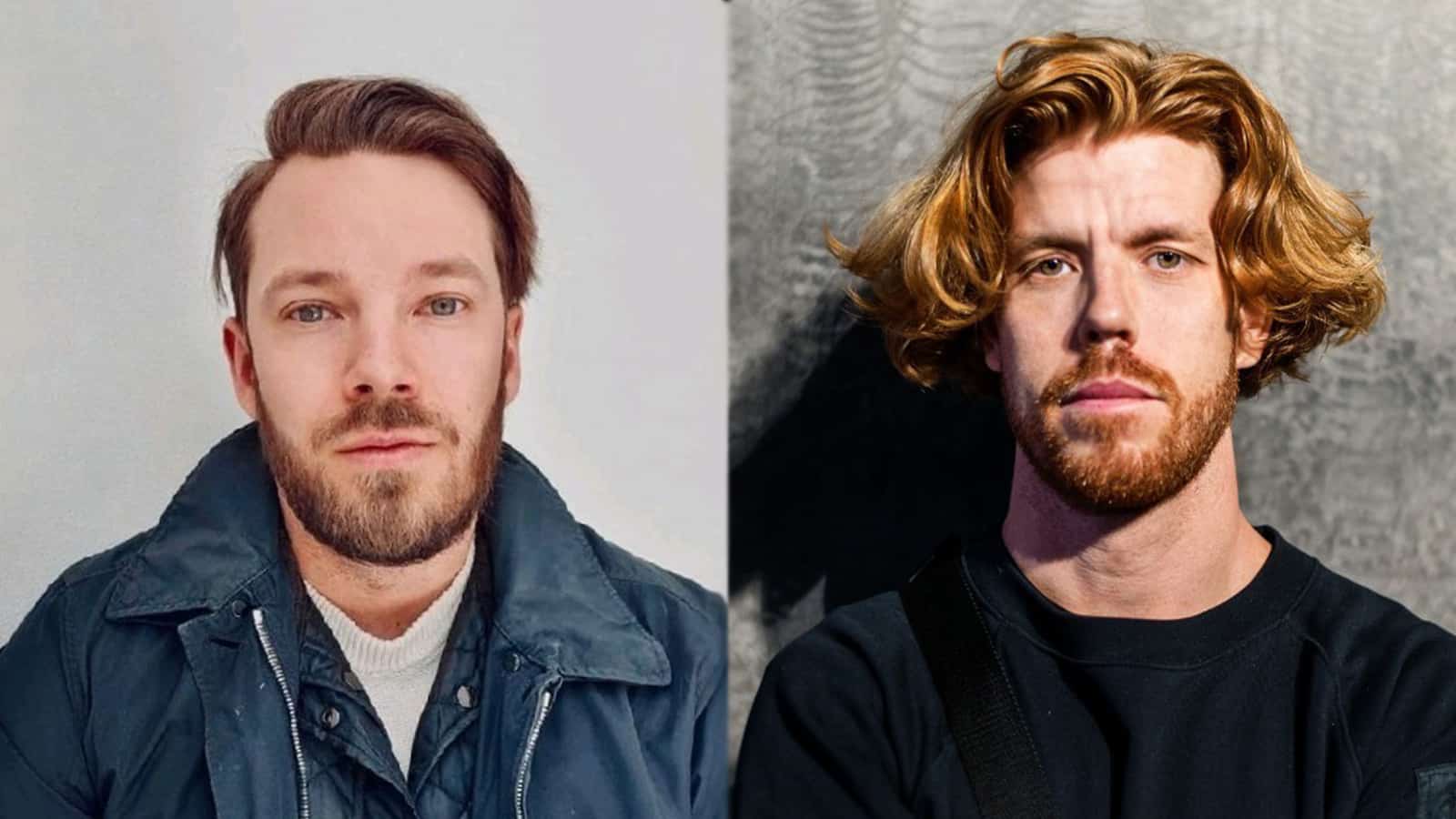 Henrik Denebrandt/Ludwig Sandgren
Henrik Denebrandt/Ludwig SandgrenBuilding in Brazil
It’s been clear from the start that the TACO-led squad is a work-in-progress. Described as a “long-term project” in their official announcement, the team comprises a mix of “experienced champions” and “promising young Brazilian talent”. At first glance, it doesn’t make much sense that they would be signed by a Swedish organization.
“Especially with such a young team, we knew it was going to take time for them to mesh together,” Denebrandt said regarding the three-year contracts the team signed. “Many of them had never played together at all. Look at Gambit and what they have done by committing over time.”
“We didn’t necessarily have a strategy in place with a Brazilian focus per se, it was more that this opportunity showed itself when we were in a transitional period and were about to release our previous roster to FPX,” added Sandgren. “We had some different ideas, we explored other options as we were more of a European organization, but then this opportunity showed itself and we understood immediately that there was a lot of value to it.”
As Brazilian org LOUD’s co-founder Matthew Ho told Dexerto into August 2021, “In emerging markets, there’s no infrastructure at all so there are just so many more opportunities.” South America may not be on par with Europe and North America when it comes to infrastructure and support, but they have a passionate community, and those who build up the ecosystem will be rewarded generously.
“Brazil has 200 million people and one of the biggest communities, if not the biggest community, in Counter-Strike, I think it’s the fastest-growing gaming country in the world by a lot of metrics,” Denebrandt said. “Then you take a look at the competition in Europe. For example, tier two and even tier three are very competitive so this was also more of a brand decision. We instantly fell in love with the Brazilian community and we want to make a bigger impact than just on the HLTV ranking or the ESL World Ranking.”
Many of the biggest esports organizations are yet to develop a business model that makes complete sense. They’re oftentimes propped up massively by sponsorship and partnership revenue, and even those opportunities vary wildly depending on the markets they’re targetting.
While Brazil has the eyeballs and the passion, it realistically doesn’t have high advertising revenues or lucrative, $210m partnership opportunities like more established nations and regions.
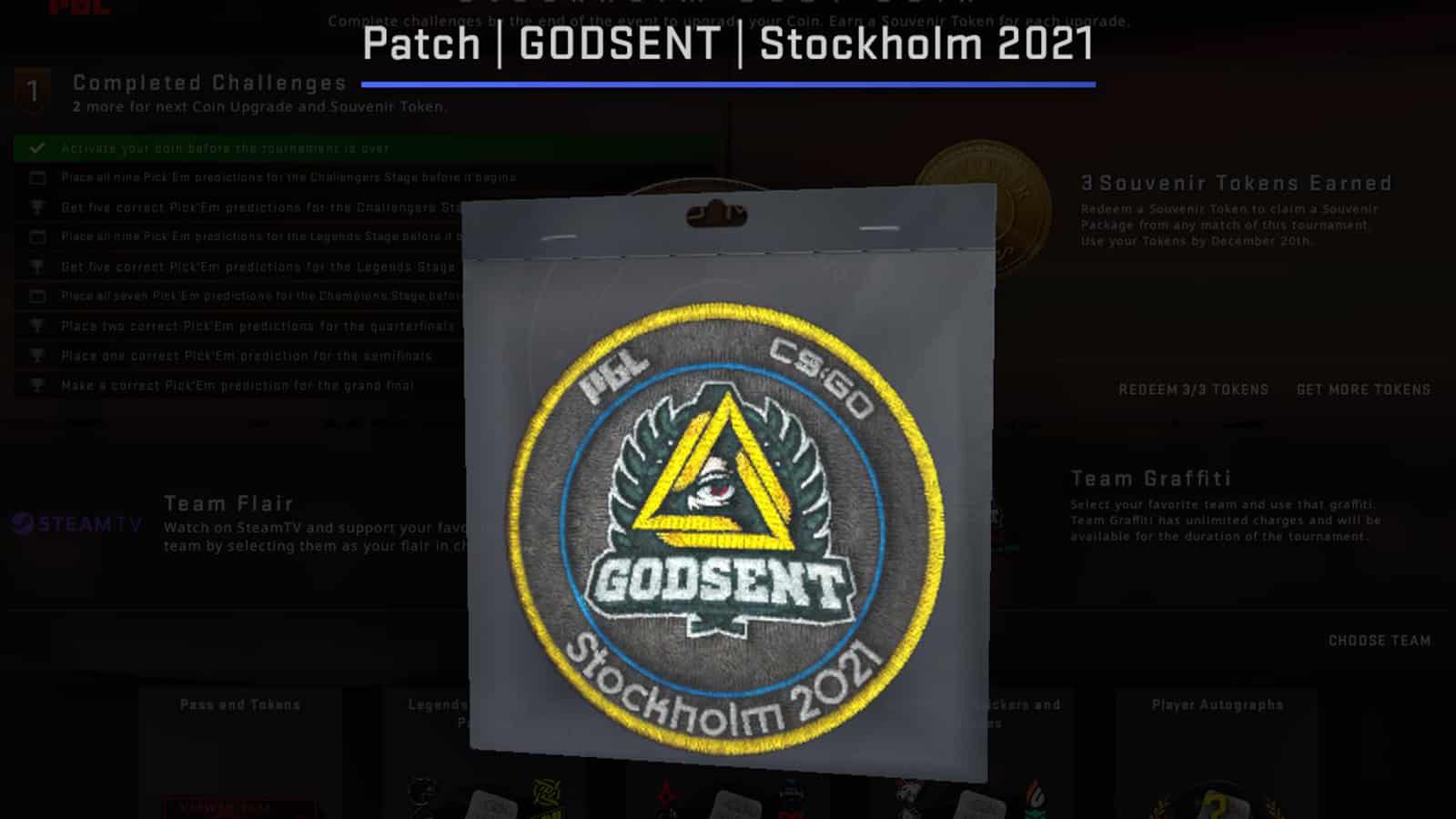 Twitter: GODSENT
Twitter: GODSENT“The majority of our partnerships are still in Europe and the Nordics,” Denebrandt told Dexerto. “We’re in a two-front war here where we want to keep growing in South America and in Europe, and expand even further as well. The numbers are not the same when it comes to partnership revenue in Brazil compared to Europe yet but there are other ways to form good partnerships based on other metrics that we look at as well. For example, I think we have one of the highest engaging teams in the world in Counter-Strike, this adds a lot of value to the brand and to our partners.”
“The purchasing power of Brazilian fans is much lower, they may not have not as much money as the average European fan,” explained Sandgren. “This affects the pricing of things like match jerseys. However, the numbers can make up for the change in pricing because there can be tens of thousands of orders if you do really well. Our aim is to be the best in the world with a Brazilian team but we hope to utilize the team to be interesting for fans all over the planet, regardless of nationality.”
“Compare the top 10 teams in Europe and how many jerseys they sell to what we can accomplish in South America,” Denebrandt added. “We won’t disclose numbers but we recently allowed fans to reserve jerseys and many, many thousands of jerseys were reserved. There was more demand than we could supply.”
Entering new regions
While esports is often considered a “global” industry due to it being digital in nature, work still has to be done to authentically approach regional audiences and effectively engage local fan bases. Even logistical factors like timezones and cultural norms play a huge part in ensuring you’re making the most of having a particular regional focus. GODSENT are fully aware of the challenges they face.
“We have an office now in Sweden for Europe and one in Mexico for South and North America, but we definitely want boots on the ground in other regions, like Asia,” Denebrandt said of their international activities and plans. “That’s part of our expansion plans down the road. It’s very important to have boots on the ground in the areas you’re participating in. Hopefully, we can get something set up in Brazil as well, whether it’s a gaming center or a joint venture where we can interact more with fans.”
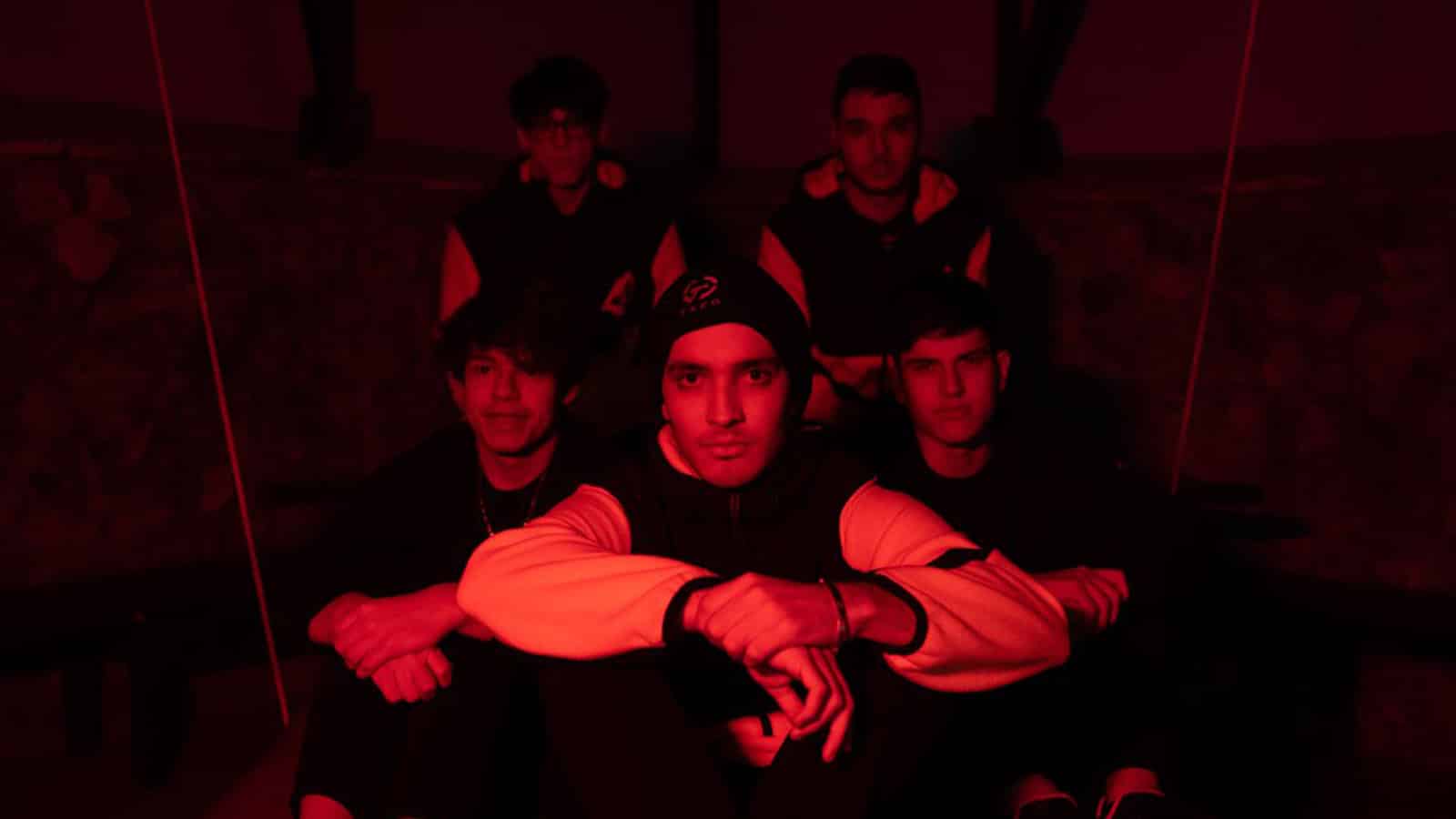 Twitter: GODSENT
Twitter: GODSENTOver the last six years, South American teams have often found themselves mixed in with rosters from North America to create an interesting blend of regional play. GODSENT are no exception, having spent the majority of the year in Monterrey, Mexico, competing against the best teams in the region. Whether their North American focus was planned or not, GODSENT’s co-CEOs have become inspired by some of the larger, more influencer-based organizations in the esports industry.
“We are very inspired by the very successful lifestyle organizations like FaZe Clan and 100 Thieves and how they package and run their businesses,” Sandgren said. “We believe we have a brand that, even though it’s very young, has the capacity to be a lifestyle brand. That is definitely something we talk about on the top-down strategic level as something that we want to move towards.”
While the perceived success of orgs like FaZe and 100T is inspiring for many owners and executives, it has to be stated that they’ve had a lot of money piled into them over the years. Esports is in a period of intense venture capital-fueled investment, which almost seems like a necessity if these companies want to build something grand and meaningful in an industry inundated with competing brands.
“On the business side, we’re growing super fast,” Denebrandt concluded. “The last three years for us have been incredible when it comes to adding new partners and increasing revenue without almost any external funding. I think we are one of the best Moneyball examples in this industry that you can look at. We have accomplished a lot of organic growth over the last three years and it would shock a lot of the organizations out there.”
We’re almost a year into GODSENT’s Brazilian CS:GO gamble and, judging by their presence at the PGL Major, it’s going pretty well thus far. The gap between being the 23rd best team or the team lifting the biggest trophies is large, however, and it seems the Swedish org have a lot of ambition that goes far beyond competitive success.
